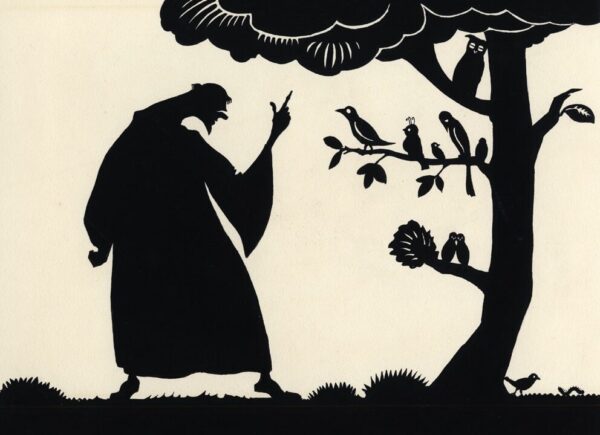Dear friends and members:
Many of us are traveling and away this week at our annual national Convention, and our prayers remain with those journeying to and from Portland, Oregon. I will be staying behind to tend to our San Francisco flock, so you’ll be seeing me on Sunday as normal.
On Sundays, we are continuing to work our way through a traditional lectionary, or series of arranged scriptural readings, that show the early foundations of the Christian church. These texts have been so important and influential in shaping what it has meant to be Christian, from the time of the Jewish followers of Jesus, to mystics like Swedenborg, up to our own present moment. How do we read or interpret parts of this scriptural canon which talk about violence and harm to our enemies, which even call on God to enact retributive justice?
It seems important to wrestle with these questions at a moment when Christian scripture increasingly is being used to justify a certain (and narrow) kind of national identity. This is something that scholars of religion and history have been calling “Christian Nationalism,” and it often is a serious distortion of both what it means to be a Christian, as well as an American. Any time scripture gets used to justify violence or war against others, or to limit the rights and freedoms of individuals, we should be on our guard. Spiritual freedom is at the heart of Swedenborg’s (Christian) theology, as is his deeply symbolic approach to reading Scripture, which cautions against taking those holy words literally. I hope all of our different visions and understandings of God (or the Divine, or however you want to call the Creator) share a common sense that all of humanity is made in His image, and we are to love Him and others—especially others different from us—as much as we love ourselves (“Love your neighhor as yourself. All the Law and the Prophets hang on these two commandments”). Some Christians, such as the medieval mystic St. Francis of Assisi, have felt that this love extended to all of the cosmos, that we were to love all creatures as our neighbors—an idea beautifully captured in the image of St. Francis joyfully preaching to the birds.
We continue to live and pray and work together through these turbulent times, and under our still very present shadows, may we try and not forget this critical love to our neighbors, both the human and the other than human.
See some of you on Sunday,
Rev. Dr. Devin Zuber

